$7.5 Million Awarded by Cystic Fibrosis Foundation Therapeutics to Discover New Therapies for CF Patients
 Research begun by microbiology professor David Bedwell, Ph.D., identifying nonsense mutations in Cystic Fibrosis patients, has led to a collaboration between UAB and Southern Research with the goal of developing novel drugs for Cystic Fibrosis (CF) patients with rare genetic mutations.
Research begun by microbiology professor David Bedwell, Ph.D., identifying nonsense mutations in Cystic Fibrosis patients, has led to a collaboration between UAB and Southern Research with the goal of developing novel drugs for Cystic Fibrosis (CF) patients with rare genetic mutations.UAB Microbiology #25, Immunology #27 in 2016 Best Global Universities Ranking
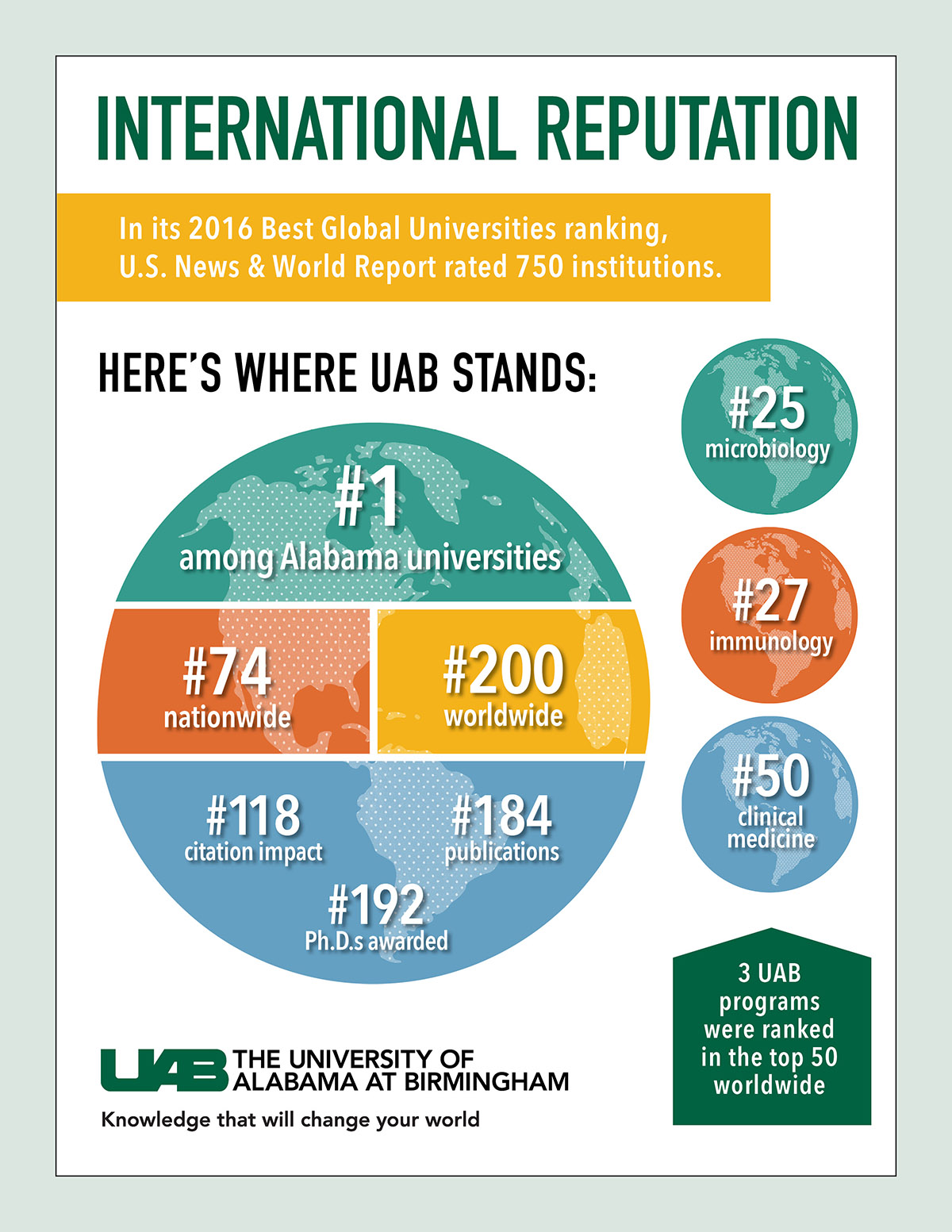 UAB was ranked 200th in the world and landed in the top 75 U.S. universities.
UAB was ranked 200th in the world and landed in the top 75 U.S. universities.Read more
Julie Decker UAB Employee of the Year
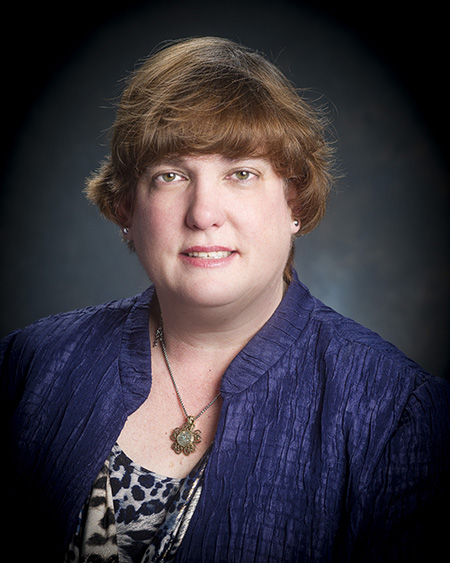
Congratulations to Micro's own Julie Decker, 2015 UAB Employee of the Year!
Read more
2015 Susan Roberts Dubay Lecture
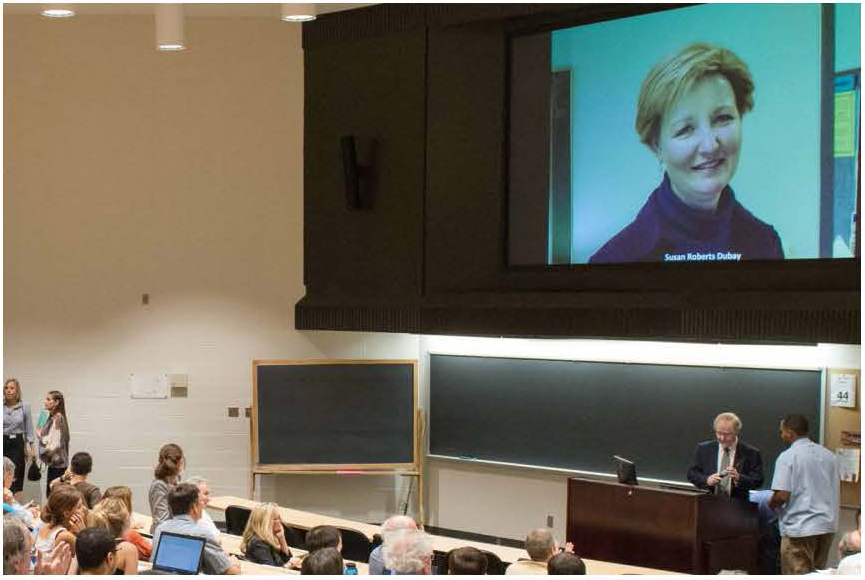
On September 1, 2015, faculty, staff, students and special guests, Dr. John Dubay and Dr. Eric Hunter, gathered at Volker Hall for the inaugural Susan Roberts Dubay Endowed Lecture.
Read morePatel Receives Cooper Travel Award
 (Kearney lab) is the winner of the 2015 Max D. Cooper Travel Award. She will use this award to help defray the cost of travel to attend the International Congress of Immunology meeting in Melbourne, Australia, in August 2016.
Read more
(Kearney lab) is the winner of the 2015 Max D. Cooper Travel Award. She will use this award to help defray the cost of travel to attend the International Congress of Immunology meeting in Melbourne, Australia, in August 2016.
Read more
Tuberculosis Necrotizing Toxin (TNT) Identified

Microbiology professor Dr. Michael Niederweis and colleagues identify the first known toxin of Mycobacterium tuberculosis, a pathogen that infects 9 million people a year and kills more than 1 million.
Read more
Barnum Nominated for 2015 Argus Award
 Microbiology professor, Dr. Scott Barnum, is one of three outstanding professors nominated by students from the UAB School of Medicine in the category of Best Educator in Fundamentals 2 for this year’s School of Medicine Argus Awards.
Microbiology professor, Dr. Scott Barnum, is one of three outstanding professors nominated by students from the UAB School of Medicine in the category of Best Educator in Fundamentals 2 for this year’s School of Medicine Argus Awards.Read more
León-Ruiz Receives Dean’s Excellence Award in Research
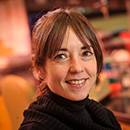 Microbiology assistant professor Beatriz León-Ruiz, Ph.D., has been named the junior faculty winner of the 2015 Dean’s Excellence Award in Research. This honor recognizes exceptional contributions made by School of Medicine faculty in service, teaching, research, diversity enhancement and mentorship.
Microbiology assistant professor Beatriz León-Ruiz, Ph.D., has been named the junior faculty winner of the 2015 Dean’s Excellence Award in Research. This honor recognizes exceptional contributions made by School of Medicine faculty in service, teaching, research, diversity enhancement and mentorship. UAB Takes a Stand on Capitol Hill Day
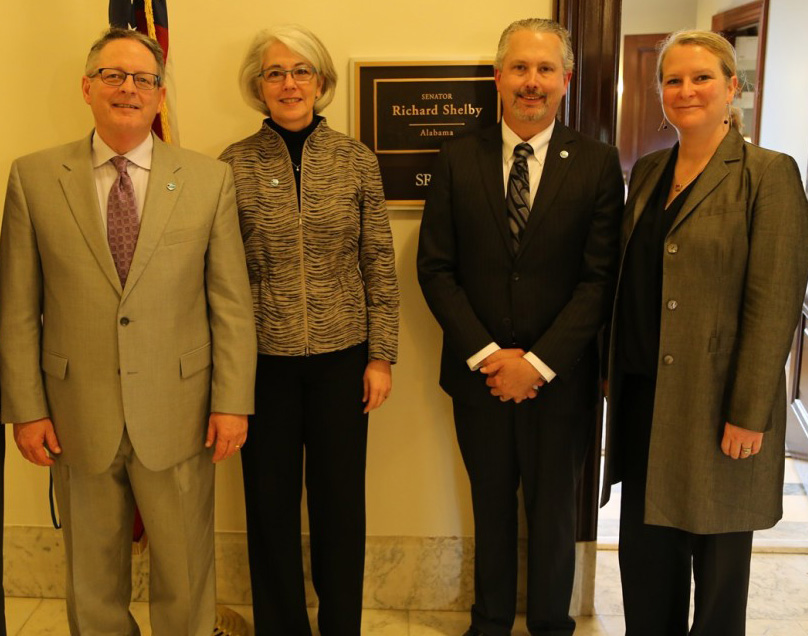 Microbiology professor Dr. Louis Justement and three other UAB professors were among 50 scientists from 27 states to meet with congressional staff during Capitol Hill Day, April 14, 2015.
Microbiology professor Dr. Louis Justement and three other UAB professors were among 50 scientists from 27 states to meet with congressional staff during Capitol Hill Day, April 14, 2015.
“The annual Capitol Hill day represents an ongoing effort by The Federation of American Societies for Experimental Biology (FASEB), its constituent societies and individual scientists to communicate directly with legislators and their staffs regarding the importance of biomedical research in terms of the economic impact and benefits to the health of the country,” says Justement, who serves as chair of the FASEB subcommittee on Policy and Government Affairs.
This year, researchers proposed a specific funding strategy to more than 100 congressional offices. That strategy involves a five-year commitment to a five percent annual funding increase in support of science research and development. The researchers believe this plan would help maintain the country’s leadership in science and restore the purchasing power of the NIH budget, which has decreased by 25 percent since 2003.
“The good news is that the efforts of FASEB and other advocates for biomedical research are indeed having an impact on how legislators view the NIH, NSF and other federal research entities. Recently, there has been a clear indication that legislators realize that NIH and the biomedical research community across the country are struggling to keep pace and that we risk losing a generation of new scientists. Hopefully, this will translate into increased support for biomedical research in the near term,” says Justement.
Pictured are: UAB professors David Pollock, Ph.D.; Mary-Ann Bjornsti, Ph.D.; Louis Justement, Ph.D.; and Elizabeth Brown, Ph.D.
2015 Microbiology Faculty Retreat Forged New Ideas
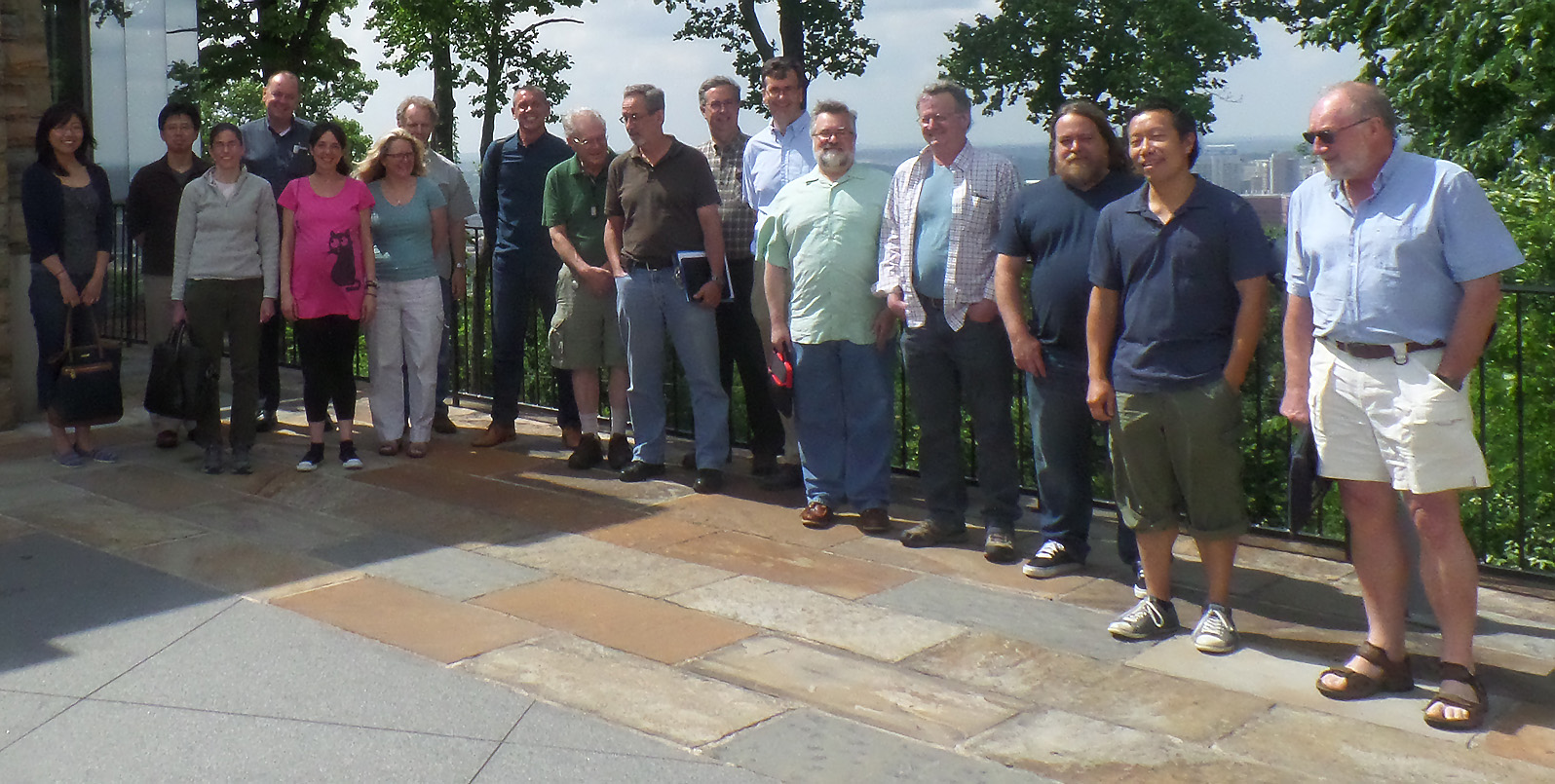 Once a year, faculty members of the microbiology department join for a day-long retreat to discuss developments in their current research and plans for continued study. This year’s meeting included presentations from eight faculty members—Drs. Mengxi Jiang, Janusz Kabarowski, David Briles, Hui Hu, Scott Barnum, Allan Zajac, Amy Weinmann and Elliot Lefkowitz.
Once a year, faculty members of the microbiology department join for a day-long retreat to discuss developments in their current research and plans for continued study. This year’s meeting included presentations from eight faculty members—Drs. Mengxi Jiang, Janusz Kabarowski, David Briles, Hui Hu, Scott Barnum, Allan Zajac, Amy Weinmann and Elliot Lefkowitz.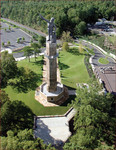
Tyler Stewart Receives Hiramoto Award
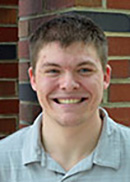 Congratulations to Tyler Stewart (Novak lab) who received a Hiramoto Travel Award to assist in his travel to the Society for Glycobiology Annual Meeting in San Francisco.
Congratulations to Tyler Stewart (Novak lab) who received a Hiramoto Travel Award to assist in his travel to the Society for Glycobiology Annual Meeting in San Francisco.Mucosal Immunology, Fourth Edition, Released
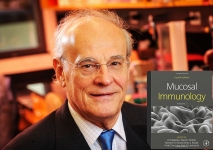 Microbiology professor Jiri Mestecky, M.D., Ph.D., has completed the fourth edition of Mucosal Immunology, the only comprehensive reference covering the basic science and clinical manifestations of mucosal immunology.
Microbiology professor Jiri Mestecky, M.D., Ph.D., has completed the fourth edition of Mucosal Immunology, the only comprehensive reference covering the basic science and clinical manifestations of mucosal immunology.Detecting Lupus Signals
 Microbiology professor Mark Walter, Ph.D., is finding and optimizing antibodies against 17 different interferons and their receptors that provoke lupus, a chronic disease that damages skin, joints, blood cells, kidneys, heart, brain or lung affecting at least 1.5 million Americans. Walter’s research is funded by the Lupus Research Institute.
Microbiology professor Mark Walter, Ph.D., is finding and optimizing antibodies against 17 different interferons and their receptors that provoke lupus, a chronic disease that damages skin, joints, blood cells, kidneys, heart, brain or lung affecting at least 1.5 million Americans. Walter’s research is funded by the Lupus Research Institute.
Bliss Chang Receives College of Arts and Sciences 2015 Dean’s Award
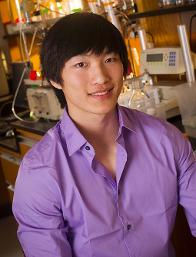 Undergraduate student Bliss Chang (Saad Lab) has been selected as one of three students to receive the College of Arts and Sciences 2015 Dean’s Award.
Undergraduate student Bliss Chang (Saad Lab) has been selected as one of three students to receive the College of Arts and Sciences 2015 Dean’s Award.“All departmental nominees for this special award were truly wonderful students. To receive a departmental nomination for the Dean’s Award is even more impressive because the competition is so intense,” says Catherine Daniélou, Ph.D., Senior Associate Dean for Undergraduate Academic Affairs, UAB College of Arts and Sciences. “Our College of Arts and Sciences’ Dean’s Award recipients represent the very best that UAB can achieve.”
Chang will be honored and recognized at Honors Convocation on Friday, April 24 at 3pm at the Alys Stephens Performing Arts Center.
Bliss Chang Is UAB’s Newest Fulbright Scholar
 Congratulations to Bliss Chang, an undergraduate student in Dr. Jamil Saad’s lab, who has been selected for a 2015-16 Fulbright US Student Award to Germany. He will represent the US as a cultural ambassador while overseas, helping to enhance mutual understanding between Americans and the people in Germany. He joins over 100,000 Fulbright US Student Program alumni who have undertaken grants since the program began in 1948.
Congratulations to Bliss Chang, an undergraduate student in Dr. Jamil Saad’s lab, who has been selected for a 2015-16 Fulbright US Student Award to Germany. He will represent the US as a cultural ambassador while overseas, helping to enhance mutual understanding between Americans and the people in Germany. He joins over 100,000 Fulbright US Student Program alumni who have undertaken grants since the program began in 1948. Padgett Receives 2015 AAI-Thermo Fisher Trainee Achievement Award
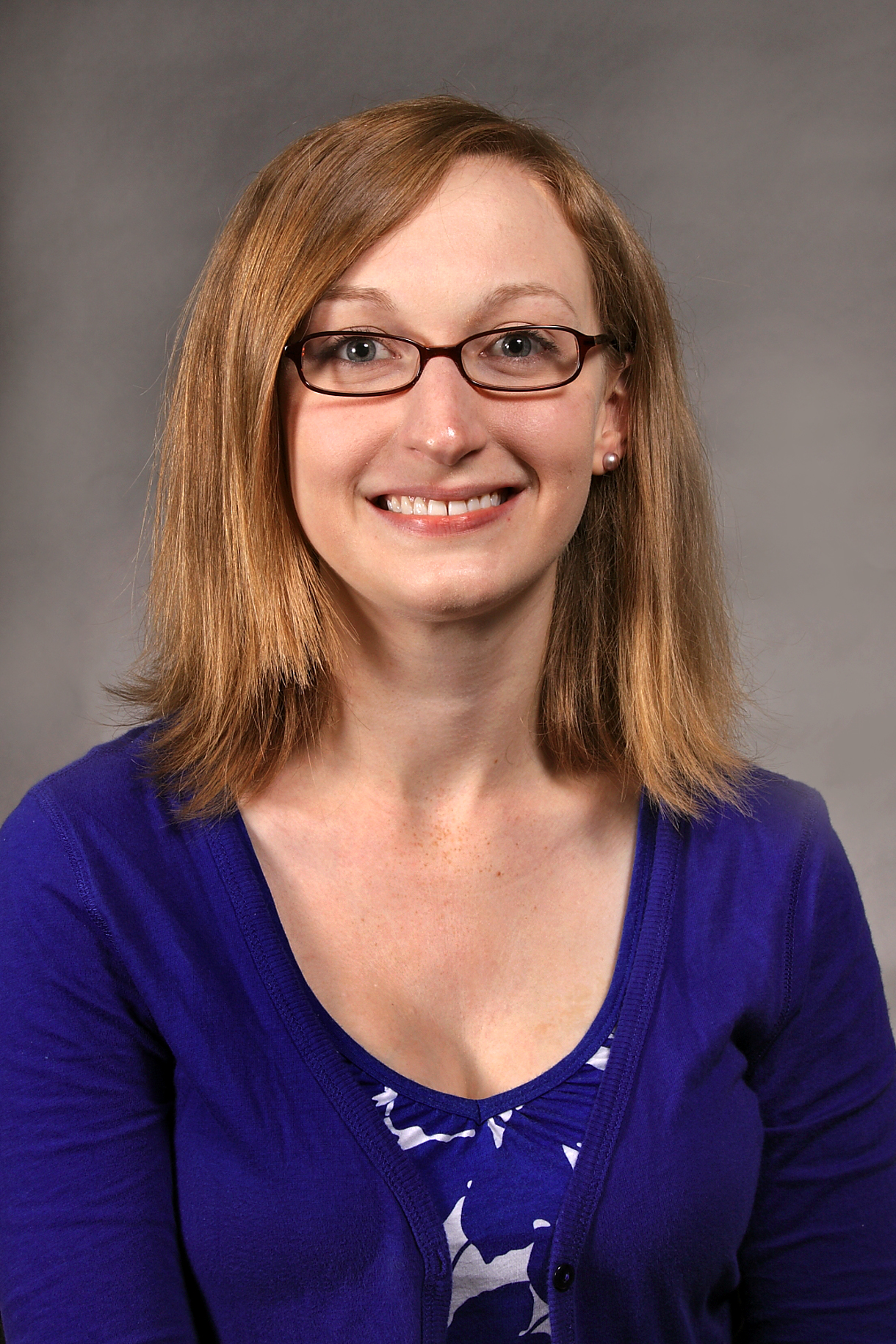 Microbiology trainee Lindsey Padgett (Tse lab) has received a 2015 AAI–Thermo Fisher Trainee Achievement Award. She is one of six trainees who will be presented with the awards at the AAI Annual Meeting - IMMUNOLOGY 2015 in New Orleans where she will give a presentation about her current research.
Microbiology trainee Lindsey Padgett (Tse lab) has received a 2015 AAI–Thermo Fisher Trainee Achievement Award. She is one of six trainees who will be presented with the awards at the AAI Annual Meeting - IMMUNOLOGY 2015 in New Orleans where she will give a presentation about her current research. The AAI-Thermo-Fisher Trainee Achievement award was established in 1997 to recognize promising trainees in the field of immunology. Award recipients receive a $1,000 cash award and up to $1,250 in reimbursable travel support.
Julie Decker Named Employee of the Month
 In 2013, Julie Decker walked through the doors of the Bevill Biomedical Research Building, not as a researcher but as a program manager. She spent more than 20 years honing her skills researching HIV before making a job change beyond her expectation.
In 2013, Julie Decker walked through the doors of the Bevill Biomedical Research Building, not as a researcher but as a program manager. She spent more than 20 years honing her skills researching HIV before making a job change beyond her expectation. After earning her undergraduate degree in molecular biology and mathematics at Vanderbilt University in Tennessee, Decker moved to Alabama to do HIV research at Southern Research Institute. In 1993, she moved across the street to UAB and the labs of George Shaw, Ph.D., and Beatrice Hahn, Ph.D., both former professors of medicine.
When Shaw and Hahn moved to Pennsylvania, Decker remained in Alabama, swapping benchwork for deskwork. The microbiology department was searching for an employee who knew the needs of researchers and who could also coordinate the intricate details of building renovation. Decker had the qualifications for both. Not only does she have extensive research experience, she also has a master’s degree in Business Administration, which she received here at UAB.
Frances Lund, chair of the microbiology department, explains Decker’s job. “She coordinates every element of the building renovation, working closely with building employees, the dean’s office, the Animal Resource Program and the contractors who are carrying out the renovations. She set up temporary lab facilities so the faculty and staff can continue their work while their labs are being renovated or when various utilities are temporarily shut down in parts of the building.”
Decker’s colleagues appreciate her exceptional capabilities as program manager for the department. “What I value most is her willingness to take on difficult projects and see them to successful completion. I feel very fortunate to have her as a part of our team,” says Kristina Sinclair, administrator for the department.
Then, Decker has another trait that endears her to everyone she contacts. According to Dr. Michael Saag, Infectious Diseases, “She makes every visitor feel special and pays extraordinary attention to detail.” And microbiology professor Chuck Turnbough says, “She has been one of the most agreeable, pleasant, and cooperative colleagues I have ever worked with.”
Clearly, Decker enjoys her work, although it is different from what she had been doing for 20+ years. “I’m on the other side of the bench as a program manager, and I have a whole lot more appreciation for what goes on this side to make the research happen,” Decker said. “It was quite a switch at first, and I felt like a fish out of water, but everyone was really encouraging and helped show me the ropes. The best part of my job is getting to interact with a variety of people. The people distinguish the department and it is a real pleasure to be a part of the microbiology department.”
Away from UAB, Decker is a busy wife and mother of two teenagers, Trent—a freshman at Thompson High School, and Kristen—who will be attending UAB in the fall. Both children are avid musicians, active in the high school band.
UAB Explores New Careers for Today’s Scientists
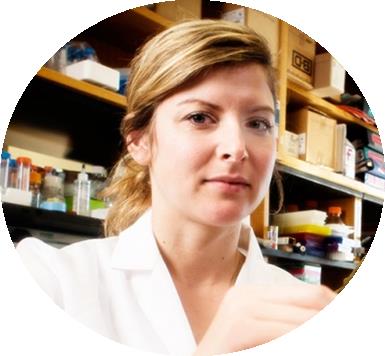 What are postdoctoral fellows and graduate students to do when they see opportunities for academic research positions continue to shrink?
What are postdoctoral fellows and graduate students to do when they see opportunities for academic research positions continue to shrink?Micro Postdocs Win Research Day Awards
Davide Botta (Lund lab) who won 1st place in session 6
Shannon Kahan (Zajac lab) who won 1st place in session 5
Venkata Yeramilli (Kearney lab) who won 3rd place in session 5

Microbiology Students Receive Hiramoto Awards
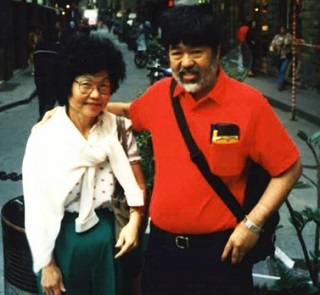 Dr. and Mrs. Ray HiramotoCongratulations to graduate students Constance Agamasu, Greg Bedwell, Rosie Hill, Yuan Tian, and Art VanValkenburg who have received Hiramoto Travel Awards. These awards will enable recipients to attend upcoming scientific conferences.
Dr. and Mrs. Ray HiramotoCongratulations to graduate students Constance Agamasu, Greg Bedwell, Rosie Hill, Yuan Tian, and Art VanValkenburg who have received Hiramoto Travel Awards. These awards will enable recipients to attend upcoming scientific conferences.The Hiramoto Travel Award honors the memory of Ray Hiramoto, Ph.D., a noted immunologist and faculty member in the UAB Department of Microbiology until his death in 2002.
All Microbiology graduate students (defined as Ph.D. students with a primary Microbiology faculty member as a dissertation mentor) in good standing are eligible to apply for a Hiramoto Travel Award.
Read more.